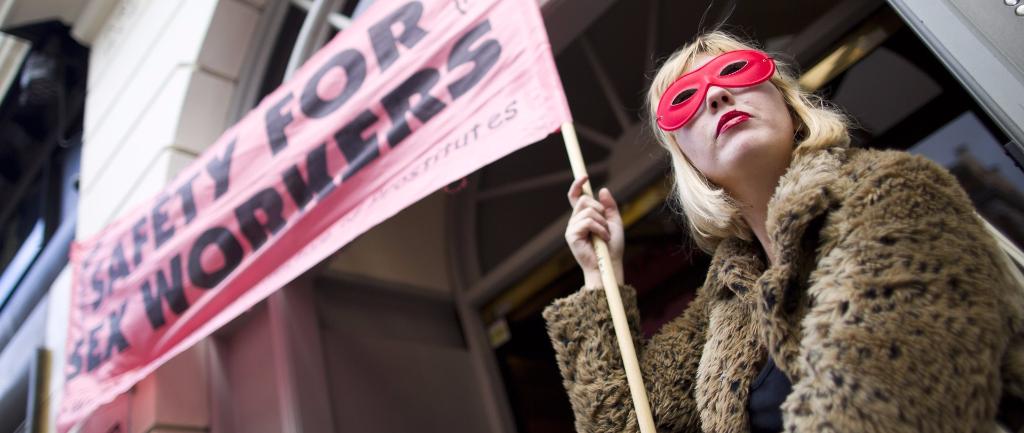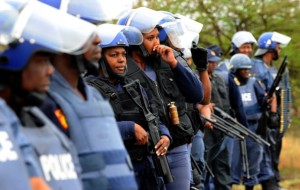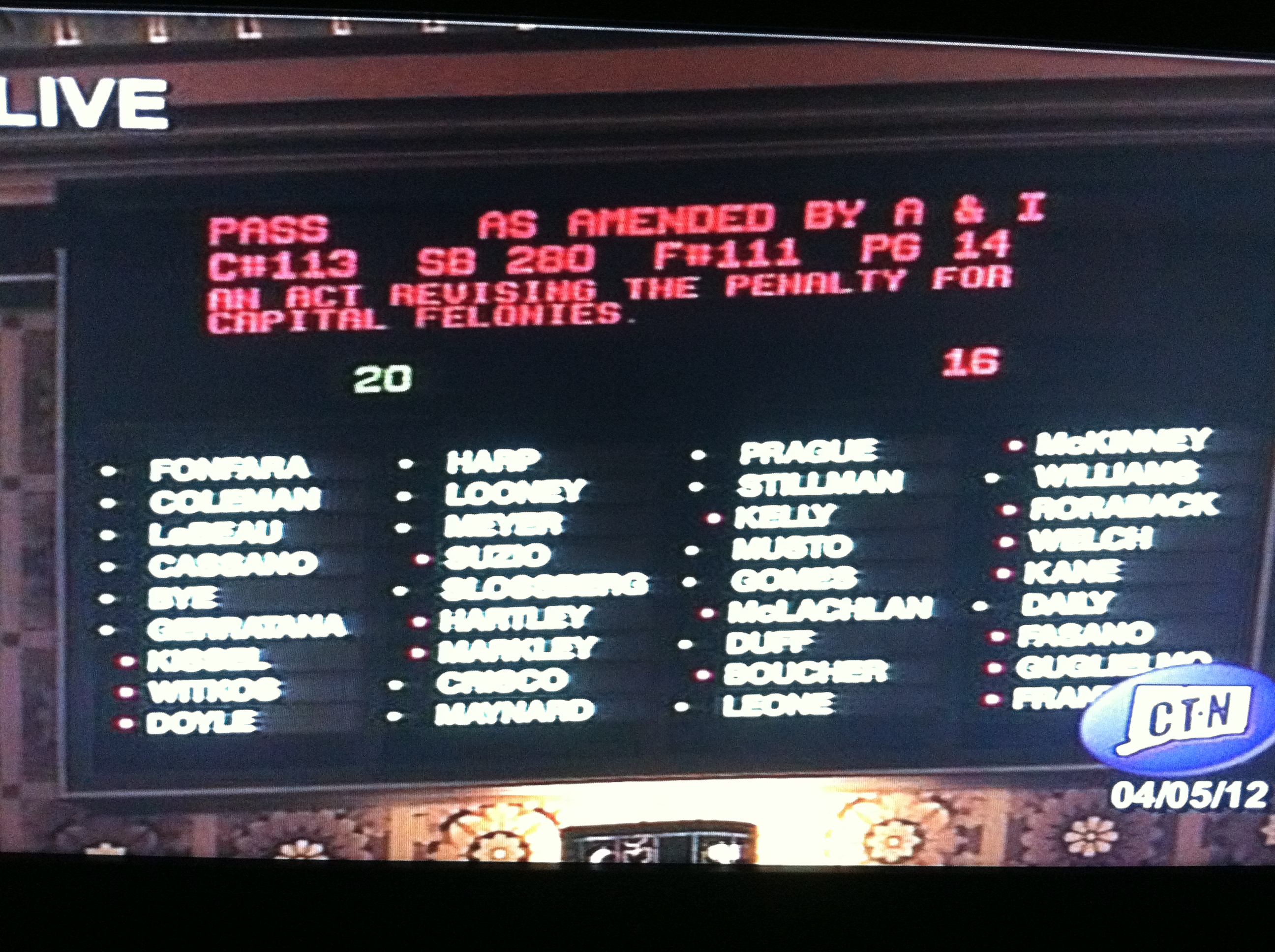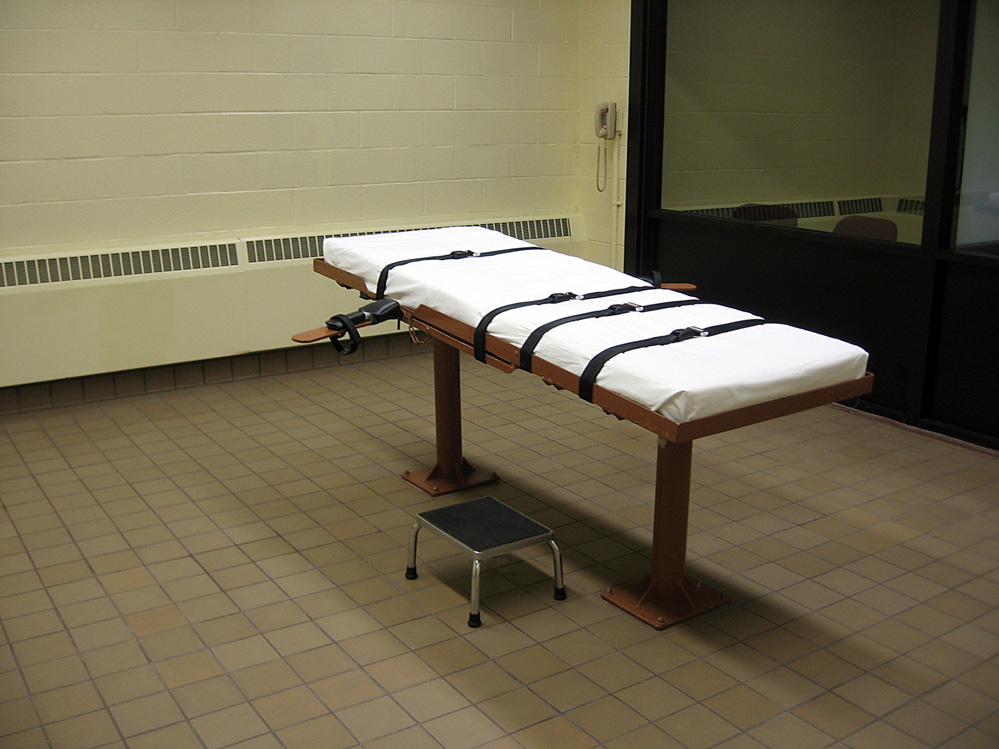Here at Amnesty, our staffers have put together a list of books on our summer reading list for human rights. We invite you to read with us as we look to books, non-fiction and fiction alike, on issues in today’s world. Here are our top 10 summer must-reads!
1.) Anil’s Ghost: A Novel
by: Michael Ondaatje
Summary: With his first novel since the internationally acclaimed The English Patient, Booker Prize—winning author Michael Ondaatje gives us a work displaying all the richness of imagery and language and the piercing emotional truth that we have come to know as the hallmarks of his writing. Anil’s Ghost transports us to Sri Lanka, a country steeped in centuries of tradition, now forced into the late twentieth century by the ravages of civil war. Into this maelstrom steps Anil Tissera, a young woman born in Sri Lanka, educated in England and America, who returns to her homeland as a forensic anthropologist sent by an international human rights group to discover the source of the organized campaigns of murder engulfing the island. What follows is a story about love, about family, about identity, about the unknown enemy, about the quest to unlock the hidden past–a story propelled by a riveting mystery. Unfolding against the deeply evocative background of Sri Lanka’s landscape and ancient civilization, Anil’s Ghost is a literary spellbinder–Michael Ondaatje’s most powerful novel yet.*
2.) Chasing the Flame: One Man’s Fight to Save the World by: Samantha Power
by: Samantha Power
Summary: In this perfect match of author and subject, Pulitzer Prize-winner Samantha Power tackles the life of Sergio Vieira de Mello, whose work for the U.N. before his 2003 death in Iraq was emblematic of moral struggle on the global stage. Power has drawn on a staggering breadth of research (including 400 interviews) to show us a heroic figure and the conflicts he waded into, from Cambodia’s Khmer Rouge to the slaughter in Bosnia to the war-torn Middle East. The result is a peerless portrait of humanity and pragmatism, as well as a history of our convulsive age.*
3.) Half the Sky: Turning Oppression into Opportunity for Women Worldwide
by: Nicholas D. Kristof and Sheryl WuDunn
Summary: From two of our most fiercely moral voices, a passionate call to arms against our era’s most pervasive human rights violation: the oppression of women and girls in the developing world. With Pulitzer Prize winners Nicholas D. Kristof and Sheryl WuDunn as our guides, we undertake an odyssey through Africa and Asia to meet the extraordinary women struggling there, among them a Cambodian teenager sold into sex slavery and an Ethiopian woman who suffered devastating injuries in childbirth. Drawing on the breadth of their combined reporting experience, Kristof and WuDunn depict our world with anger, sadness, clarity, and, ultimately, hope. They show how a little help can transform the lives of women and girls abroad.*
4.) Woman at Point Zero: Second Edition
by: Nawal El Saadawi
Summary: “All the men I did get to know, every single man of them, has filled me with but one desire: to lift my hand and bring it smashing down on his face. But because I am a woman I have never had the courage to lift my hand. And because I am a prostitute, I hid my fear under layers of make-up.” –Excerpt This is a new edition of the best-selling novel with a specially commissioned new Foreword by Miriam Cooke.*
5.) Nomad: From Islam to America: A Personal Journey Through the Clash of Civilizations
by: Ayaan Hirsi Ali
Summary: Ayaan Hirsi Ali captured the world’s attention with Infidel, her compelling coming-of-age memoir, which spent thirty-one weeks on the New York Times bestseller list. Now, in Nomad, Hirsi Ali tells of coming to America to build a new life, an ocean away from the death threats made to her by European Islamists, the strife she witnessed, and the inner conflict she suffered. It is the story of her physical journey to freedom and, more crucially, her emotional journey to freedom—her transition from a tribal mind-set that restricts women’s every thought and action to a life as a free and equal citizen in an open society. Through stories of the challenges she has faced, she shows the difficulty of reconciling the contradictions of Islam with Western values.*
SEE THE REST OF THIS POST




 In a desperate attempt to establish some form of security, a couple of years ago, Rio de Janeiro’s authorities created the state’s Pacifying Police Units (UPP), which have been welcome by the local and neighboring communities. UPPs have been established in 13 slums, and have been coupled with other efforts intended to bring basic services to the local communities. The objective is to provide favelas with safety and basic services, in order to reduce local violence and relentless drug-trafficking crimes. As a result, it appears that after decades of negligence and chaos, favelas may soon join the country’s socioeconomic progress, but not without a fight.
In a desperate attempt to establish some form of security, a couple of years ago, Rio de Janeiro’s authorities created the state’s Pacifying Police Units (UPP), which have been welcome by the local and neighboring communities. UPPs have been established in 13 slums, and have been coupled with other efforts intended to bring basic services to the local communities. The objective is to provide favelas with safety and basic services, in order to reduce local violence and relentless drug-trafficking crimes. As a result, it appears that after decades of negligence and chaos, favelas may soon join the country’s socioeconomic progress, but not without a fight.






